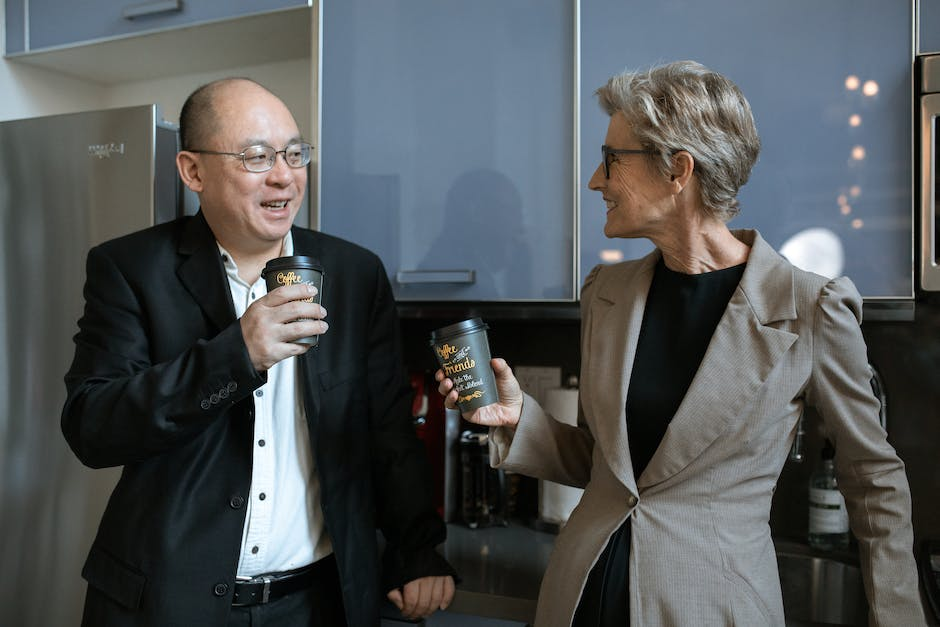A resume is different from a CV because it focuses more heavily on employment history than educational achievements. It is typically shorter (no longer than two pages) and uses only your professional life as the context for its content.
A CV, meanwhile, can be longer but still should not contain references to things that have nothing to do with who you are as a person or what kind of job you would like to get. This could include personal hobbies, family information, or anything else that does not speak about you as a person or professional.
Both documents aim to showcase your skills and experiences, but each puts focus on different qualities. One makes emphasis on your work history, while the other highlights yourself as someone worthy of a position change or new opportunity. Here's how you can put together a great CV.
Make the CV personal

A curriculum vitae or CV is usually only two or three pages long, which can sometimes make it feel short and superficial. But that perception is definitely not accurate!
A CV as some call it (because it sounds shorter and more professional), is actually quite powerful in how it shapes your future self-image and career progression.
It allows you to showcase who you are as an individual – what skills you have, what strengths you possess, what achievements you've made, what you're passionate about, and what direction you want to take in your life and career.
By creating and sharing this information with employers, they will get a sense of you as a person beyond just your job title and experience. This will be very important for them when deciding whether to invite you into their organization or not.
Furthermore, it helps you establish yourself as an expert in your field, which is an essential quality for anyone looking to progress within theirs.
Be consistent

A great way to evaluate the effectiveness of your resume is to compare it with other resumes. It’s like comparing one piece of jewelry to another – they all make you look fabulous, but none are exactly the same as the other.
Your personal style and what styles appeal to employers will vary from position to position, so it makes sense that not every employer would appreciate your take on the importance of strong relationships or your use of pastel clothing.
But if you can find a common element in all of them, then you know you have a good chance of being hired!
By using templates and easy editing software, this isn’t a very difficult thing to do. And there are many free ones available online for anyone to use.
Which comes first

A CV is not designed to be a job application tool, it’s meant to be a marketing piece! Marketing pieces are usually intended to sell you something – in this case, that thing is you, the applicant.
With that said, many people use a CV as an application tool instead of a cover letter.
A good job application requires both a cover letter and a professional-looking document called a resume. Why? Because most employers will read a cover letter first, then the resume. So if yours looks like more of a sales pitch than a chance to show off your skills, then they will disregard it immediately.
Don’t make the same mistake! Write a great, focused cover letter first (or even second), and then take time to craft your resume. Your resume should clearly tell your story and emphasize how you can help them win with no distractions.
Consider keeping it short and sweet

A resume is typically a page long, and it’s limited to either your professional life or education history. A CV, however, can be much longer than that! A typical CV is about three pages.
This is because a career CV lists all of your achievements, current jobs, and potential future positions. It also includes enough information about you as a person which could total another page or more. This additional content makes a CV much longer than a normal resume.
However, this extra length can become very tedious to read through if there are too many pages. Therefore, most employers will only look through half of a longer CV before deciding whether or not they want to meet you in person for an interview.
If yours is too long, then consider breaking up different sections into separate documents or using special software to create easy-to-navigate layouts.
Link your online presence to your CV and resume

It’s crucial to link your CV to your online presence – be it a LinkedIn profile, a personal website, etc.
By including links to these profiles in your CV, you give potential employers an easy way to access more information about you. It also helps you promote yourself as an expert in your field who has lots of resources at your disposal.
And since most companies now require a mandatory skills section when hiring someone, having one full of professional-looking links will help make yours stand out.
Whether it's your resume or CV, don't forget...

People often aren’t honest with what they say on their job applications. A lot of times, people put just about everything in their career portfolio (CV, résumé, LinkedIn profile, etc.) and only pick and choose what things to emphasize depending on the job they are applying for. This is not okay when looking for employment as it can hurt your chances greatly.
With all this emphasis on marketing yourself, employers will always notice the differences between a well-designed CV or resume and an informal one. Make sure yours doesn’t look anything like the ones out there already using poor grammar, spelling mistakes, and flashy designs.
Be professional, be clear, be concise, but above all, be you! Don’t try to fit into someone else’s idea of how a successful applicant should look.
